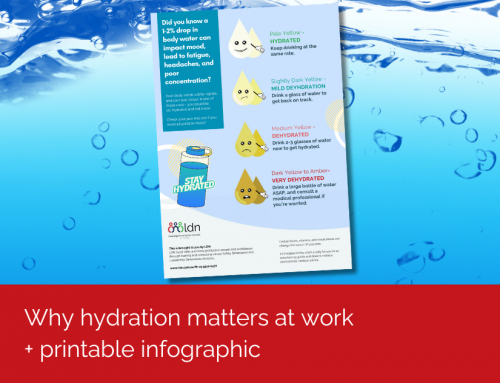
Securing tenders is crucial for any organisation looking to expand its reach and enhance its reputation and the difference between winning and losing tenders often comes down to the details.
Here are 6 key elements we see make a successful tender bid.
Securing tenders is crucial for any organisation looking to expand its reach and enhance its reputation. For over 30 years, LDN has partnered with companies throughout the tender process, frequently being asked to join large tender teams as a key contributor to their success. We know the difference between winning and losing tenders often comes down to the details so we’ve put together the top 6 things we’ve seen make a successful tender bid.
1. Attend pre-briefings and tailor your responses
Attend pre-briefings to gain crucial insights and align your bid with the evaluators’ expectations. Tailor your responses to demonstrate a deep understanding of their needs and show that your organisation is the perfect fit. This personalised approach makes your submission stand out and resonates more with decision-makers.
2. Understand and address the evaluation criteria
Fully understand the evaluation criteria and address each one precisely. Don’t just insert your corporate spiel into their template. Articulate clearly why your experience, expertise, and capabilities make you the best choice. By using relevant case studies, testimonials, referees, and staff bios, you can highlight your strengths, demonstrate your best work, and show your value.
3. Ensure clear and concise writing
Avoid unnecessary waffle; it signals a lack of expertise. Clearly outline how your organisation will add value. Use industry-specific language and ensure ample time for proofreading. Typos and errors can quickly disqualify your submission. Make every word count and keep your message sharp and to the point.
4. Ensure your team is highly trained in safety
WHS training ensures your team can deliver on promises. For all projects, having WHS-trained and qualified staff gives you a competitive edge by demonstrating compliance, reducing injuries, lowering work cover claims, and enhancing your reputation. Show that safety is a priority and that your team is ready to perform.
5. Develop a polished presentation team
Invest in a presentation team that exudes confidence and expertise. Train your team in presentations and pitching so they know when to be short, sharp, and impactful versus conversational and consultative. A well-prepared team can make a significant difference in how your proposal is perceived. Impress with professionalism and knowledge.
6. Innovate and add value
Consider what additional value your team can bring. How can your organisation innovate beyond the tender requirements? Demonstrating your ability to add value and stand out as a credible, low-risk, yet exciting choice will give you a competitive edge. Think outside the box and show how you go above and beyond.





